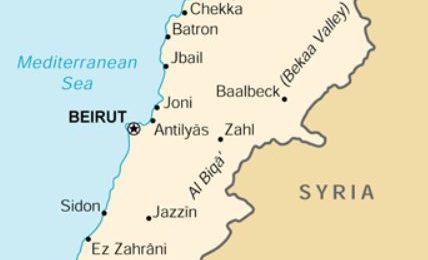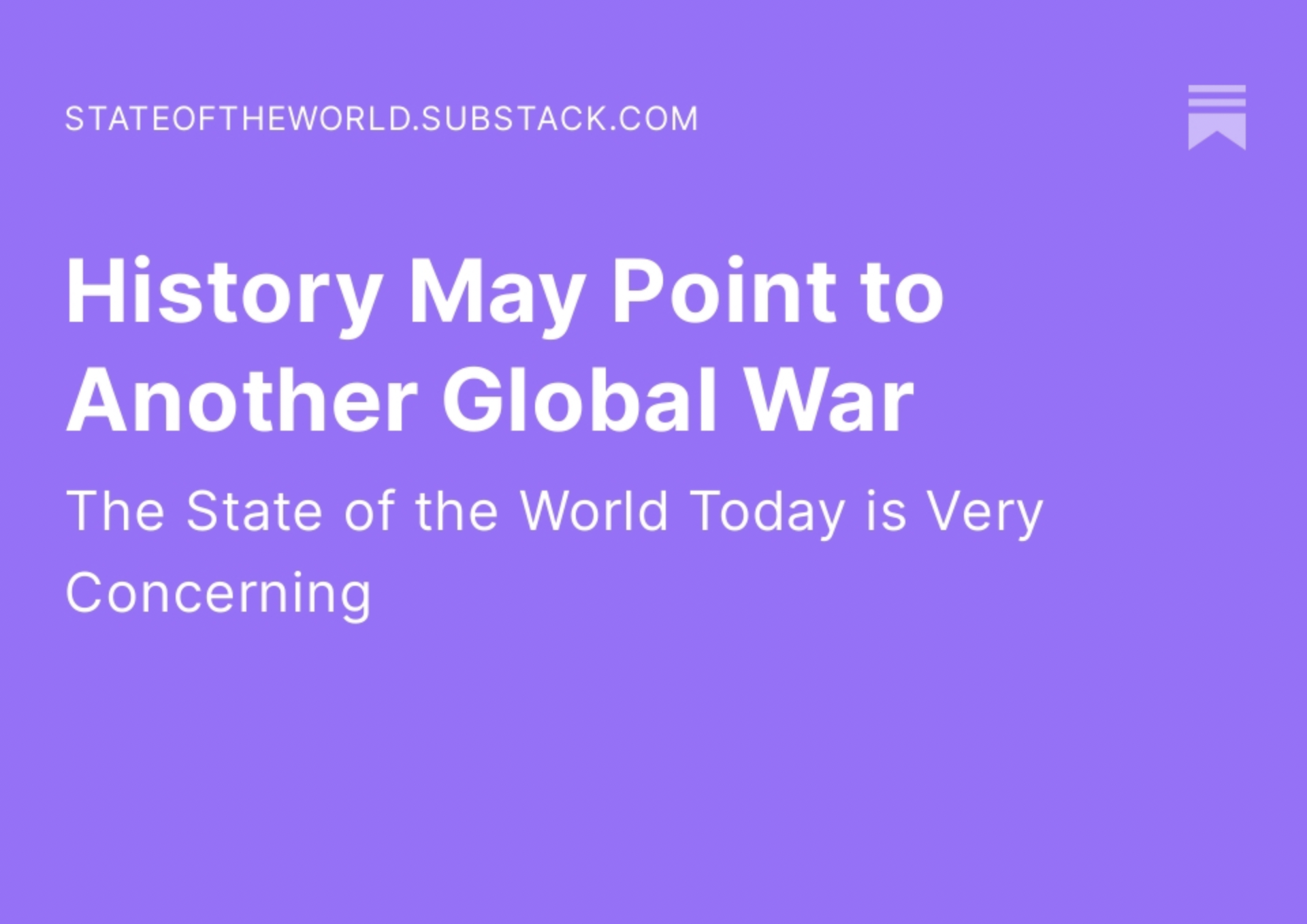
Beirut Explosion Aftermath-Protests and Repression
Beirut Explosion Aftermath-Protests and Repression
Protests continue in Beirut, Lebanon in the aftermath of the massive and deadly explosion on August 4, 2020. Calls for the government to step down, and calls for revolution dominate news and social media coverage out of Lebanon.
Unarmed protesters have occupied several government buildings, including the Forieign Ministry and the Treasury building. Police and Lebanese Army troops have used tear gas, rubber bullets, live ammunition, and beatings against the protesters, as seen in this video posted on Twitter by Rahul Upadhyay @rahulrajnews
All of a sudden, Army started beating protesters viscously near ring.
As I was filming, army beat me and threw my phone away. Army still beating other protesters tweets Human Rights activist @Aya_Majzoub#LebanonProtests#Lebanon #LebanonExplosion pic.twitter.com/QNvgJc1abv
— Rahul Upadhyay (@rahulrajnews) August 9, 2020
Protesters set up mock gallows to hang political leaders in effigy, including President Aoun and the leader of Hezbollah, Hassan Nasrallah, as seen in this video posted by
Madhuvanthi Srinivasan | مدهوونتی شرینیوسن @MadhuvanthiS95
– PM Hassan Diab proposes early parliamentary polls
– Rubber bullets, live ammunition, tear gas were used to curb protests
– Journalists attacked
– Cutouts of politicians were hung by the noose pic.twitter.com/yfEFc5C08X#Beirut #LebanonProtests #Lebanon#بيروت #لبنان__ينتفض #لبنان— Madhuvanthi Srinivasan | مدهوونتی شرینیوسن (@MadhuvanthiS95) August 9, 2020
Lebanese protesters also attempted to storm the Lebanese Parliament building, but met significant resistance from police and soldiers, as we see in this Tweet by Revolution Watch @RevoWatch
🇱🇧✊🏼: Protesters attempt to tear down barricades outside the Parliament in #Beirut. They’ve already taken 6 ministries, they want the parliament for the people too. #LebanonProtests pic.twitter.com/JEftEIoyjg
— Revolution Watch (@RevoWatch) August 9, 2020
Prime Minister Hassan Diab has called for early elections, but any real attempt at regime change by the revolution-minded protesters will be challenged by the ruling political and economic class. Many of the political parties that run the nation have militia forces, a leftover of the 1975-1991 Lebanese Civil War. Additionally, the largest political player in the country, Hezbollah, possesses an actual army that has gained extensive combat experience fighting in the Syrian War, as well as from continued conflict with Israel. Hezbollah is a power in Lebanon’s parliament, and has a lot to lose from any significant change in Lebanon’s political system.

Interesting